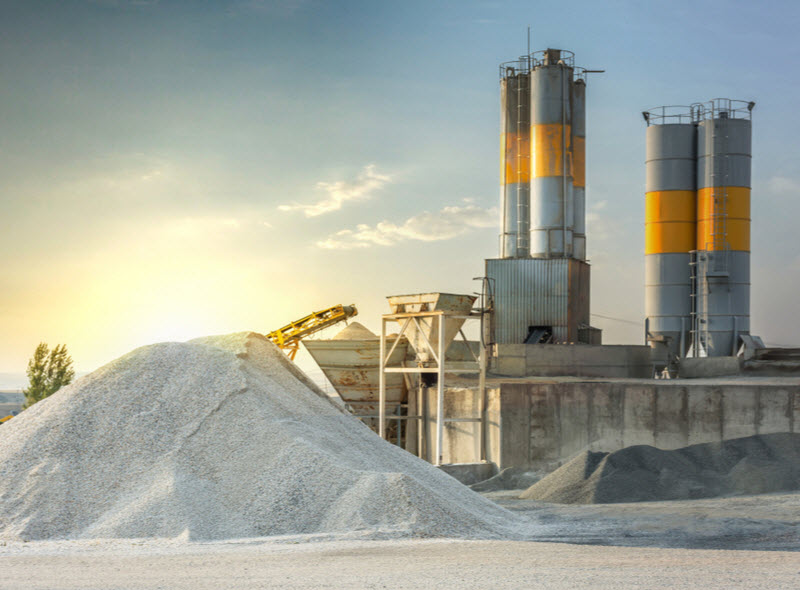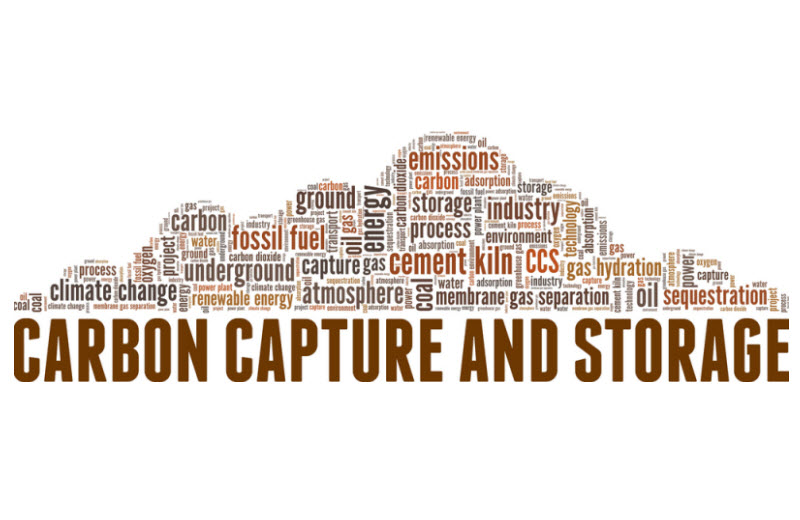
Cement is a critical building material, a global commodity used in nearly every form of construction. Its use is widespread with the majority of civil engineering construction, office buildings and domestic housing construction reliant on concrete as a primary building material.
The production of cement is somewhat of a sleeper in the global debates of CO2 emissions.
With the majority of air time concentrated on industries such as transport and electricity production, which account for more than half of the globe’s CO2 emissions, the public’s attention is shifted away from industries such as steel, fertilizer and cement production.
A great deal of research and development is being done to help the transport and electricity production sectors reduce their carbon footprint. As the technology advances and the sectors continue to come under global pressure to find alternative solutions to fossil fuels, carbon capture and storage (CCS) will have a significant role to play.
What is not as widely known is the contribution to CO2 emissions from the production of cement. On current data, almost 3.5 billion tonnes of ordinary Portland cement are produced annually. The manufacturing of this cement contributes ~7% of global anthropogenic (human caused) CO2 emissions. In isolation, this is an industry that is a large CO2 emitter, on par with steel processing.

CCS and cement production
In cement processing, almost 40% of the CO2 emissions is the result of burning fossil fuel to heat the kilns required for cement production. The remaining 60%, approximately 4% of global emissions, is the result of inherent chemical reactions needed to make cement from the base material (limestone), which cannot be reduced through the use of renewable energy sources. The only way currently available to reduce the CO2 in cement production is via CCS.
It is estimated that a CCS installation can capture 85%-95% of the carbon emissions from cement production.
As new green energy alternatives are developed and utilised in the transport and electricity production sectors, the percentage of carbon emissions from these sectors will decline. Therefore, the global percentage accredited to the cement production sector will increase proportionally.
The cement industry is consolidating; however, there exists a host of opportunities for Australian cement producing businesses to adopt CCS into their production lines. By doing so, they give themselves a number of competitive advantages.
As decisions makers emerge from younger generations, marketing the product in the green space opens up new and exciting sales funnels. Being ahead of the curve is a great story to tell, and as they say, “facts tell – stories sell.” They have the opportunity to take advantage of Government incentives and place themselves at the front of the brand recognition queue with a critical infrastructure material that has a sustainable life cycle and a positive environmental legacy. Being part of the solution rather than the problem has a big upside for cement production businesses as we move into a sustainable future.

It is already happening
Norwegian cement company Heidelberg Cement is on target to have the first commercial scale CCS facility operational by 2024. The company estimates an approximate 400,000t of CO2 will be sequestered annually. Following this example, Australians and the cement production industry have a wonderful opportunity to fast track their businesses into the green conversation and secure the future of the industry and contribute to the global goals of decarbonisation.
CCS Energy has the expertise to assist your business in its decarbonisation planning and help you deliver a sustainable cement production future and deliver this decade’s feel-good headlines.
CCS Energy is committed to forging your path toward net zero emissions. Our expertise can help clients set realistic targets and tap into additional asset value through carbon offset mechanisms available through various global emission trading schemes.
Our team members are CCS experts and well engineers, passionate about identifying efficient and cost-effective transition technology to capture and store carbon and reduce your operation’s carbon footprint.
With years of technical experience in the petroleum industry, we can provide all aspects of technical design, project management and regulatory administration.
When your business is ready to do its part in reducing its carbon emissions footprint, give our team a call. We only offer the very best solutions and technical expertise.



